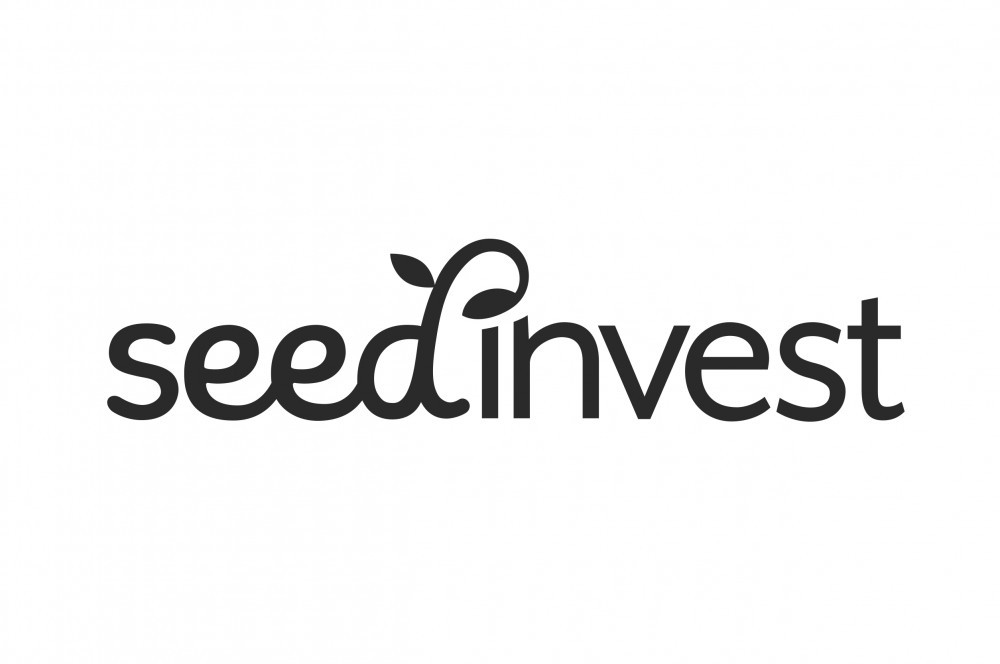
What Is The SAFE Security; An Amazing Opportunity, Or Just A Gamble?
Crowdfunding has taken off in recent years. Still, there’s a lot to learn about the various investment opportunities and the security types available. Today we’re going to look at SAFEs to answer the question, “What Is The SAFE Security?” and to determine if they’re An Amazing Opportunity Or Just A Gamble.
We’ll talk about what a SAFE is, who it was designed for, why so many crowdfunding deals use SAFEs, and if they’re bad for investors in general. By the time you’ve finished reading this, you should be better prepared to analyze an opportunity and see if it’s a good fit for your investment strategy and portfolio.
I’ll finish off with my personal opinion on SAFEs and ask for your thoughts and feedback.
This article is one of many that fall into the Education category on AngelPowwow.com. If you like it, please consider reading additional posts.
THIS POST MAY CONTAIN AFFILIATE LINKS. PLEASE SEE MY AFFILIATE DISCLOSURE FOR MORE INFORMATION.
Table of Contents
Let’s jump right in…
 What Is The SAFE Security?
What Is The SAFE Security?
Let’s start by defining the acronym SAFE. It stands for Simple Agreement for Future Equity. Y Combinator created it to simplify the crowdfunding fund-raising process for companies.
Basically, it’s an agreement between the issuer (raising company) and the investor providing the right to future equity when certain conditions are met without defining a specific price per share at that moment in time.
It’s similar to a convertible note, warrant, or IOU, where the IOU is “I’ll get you next time,” without really defining what that means as far as pricing is concerned. It will define the conditions that would trigger conversion events, however.
Who’s It Really Safe For?
The issuer. I want to be upfront about this right now. SAFEs tend to be issuer-friendly.
That doesn’t mean they’re terrible securities. It just means that the SAFE is really meant to make it easier for the issuer to get through hoops, over hurdles, and avoid certain gotchas.
There’s no debt involved. You own nothing at the time of investment. The end result can go several different ways.

Why Do So Many Crowdfunding Deals Use The SAFE Security Type?
SAFEs are so popular are many crowdfunding sites for the following reasons:
- They keep the CAP table clean (you don’t actually have equity in the company yet, so I don’t need to add you to the CAP table).
- It’s not a debt. There’s no interest rate, no maturity date, etc. This means SAFEs are not subject to debt regulations.
- It’s cheaper for the issuer. Because the regulations are less stringent, there’s a cost-savings associated with it.
- It’s almost one-size-fits-all. With a little tweaking, a SAFE can be made ready for any company to use.
In short, SAFEs were meant to simplify the fund-raising process. They’re a lot like convertible notes but with fewer complications for the raising party.
Are SAFEs Bad For Investors?
This is the real question. Are SAFEs bad for investors?
The answer is, it depends…
It’s all in the terms and, more importantly, the conversion terms.
There are, what I call, Unfriendly SAFEs. These safes have conversion terms that say something to the effect of “at the company’s discretion,” or contain terms that are highly unlikely to be met, such as “In the event, the company conducts an equity round that successfully raises $100M in exchange for <insert some ridiculous stock type here>, your shares will convert at xxx…”
That said, there are plenty of SAFEs out there with reasonable, or even favorable, conversion terms too. I like to see terms that say something to the effect of “In the event, the company conducts an equity round involving common shares that successfully raises $1M, your SAFE will either convert at the valuation cap or at the current round’s share price multiplied by the discount rate of X% (whichever is more beneficial to the investor).”
Pay attention to the liquidation and change of control terms too. I’ve seen SAFEs that say something to the effect of “If there’s a change of control event while your SAFE has not converted, the company will pay the investor 100% of their original investment.” Basically, that means, “If we IPO, we’ll give you your money back. Thanks for the interest-free loan.”
There’s a level of trust that comes with investing in SAFE’s… Do you believe the company will conduct a round that has the potential to meet the conversion terms (i.e., will the company conduct a round with common shares and a maximum raise amount over $1M or more)? If they don’t, you’ll never convert (unless there’s a liquidation or change of control event, etc., which have their own conversion terms).
Conclusion – Are SAFEs An Amazing Opportunity Or Just A Gamble
SAFEs can be a great investment, but there are things you need to consider before jumping in, just because you like the team or the idea:
- Are the terms reasonable?
- Do you believe the company will conduct a raise that will actually trigger your investment’s conversion clause?
- Are the change of control conversion terms friendly or more of a “thanks for your donation” situation?
I, personally, am not a fan of SAFEs in general. I have some investments in SAFEs, and one of mine even converted recently (it had friendly terms, so I am not surprised that it did). Still, I prefer equity outright or even a note with an interest rate, set maturity date, etc. At least then, I know I’m definitely getting something (assuming the company doesn’t fold).
For now, I invest in SAFEs only if I really believe in the product or service and team and that I believe the company will convert it down the road.
I’d love to hear your thoughts on the SAFE security type. What do you like? What do you dislike? Am I being too harsh? Is there something I missed? Are SAFEs An Amazing Opportunity Or Just A Gamble? Let me know by commenting below.
I hope you enjoyed this article, “What Is The SAFE Security,” and that you learned something from it. Please share your thoughts and opinions in the comment section.
Thank you,






Hi Scott,
Your article is fascinating to me. I have heard about Crowdfunding but I really do not know how it works.
When I read your article, I learned from it but don’t really understand yet. The simplest thing I learned is you invest in or fund a business, project, or venture, which in return, you gain equity.
I will explore learn your site to learn more about crowdfunding in general. Thank you for sharing your knowledge.
Hello and welcome to the world of Crowdfunding/Angel Investing!
Your initial assessment is pretty much on par. Basically, the idea is that you invest money in a startup and either receive equity, profit-sharing, a certain multiple return, and so on. It all depends on the terms and the security type.
If you are interested in learning more, I recommend you take a look at the following articles:
What Is Angel Investing?
Why Is A Community-Based Website So Important?
Who Can Be An Angel Investor?
Security Types
10 Best Investment Tips
Angel Investing 101
I hope these help you understand, and even get into, Angel Investing.
Thank you,
Scott
I had completely ruled out SAFEs at first. But reading your article, I see there are ways in which it benefits us. There are several things I like about SAFEs, and I will be looking out for favorable conversion terms. I also prefer equity outright or even a note with an interest rate, as you do. But I am now open to SAFEs.
Hi there,
Yes, SAFEs can be a good “bet” if you trust the company and the terms are reasonable. As I’ve said, I have a few investments in SAFEs now. Still, when I see a SAFE, I give it a little negative point in my pros and cons list because I don’t get anything right off the bat. That’s why I prefer equity or securities that offer interest, etc.
Don’t rule them out completely; just be sure you understand the potential risks and mitigate where you can.
Scott
Hello Scott,
Thank you for sharing this good information. I am just starting to learn more about investing. I have some opportunities set up that are SAFEs. I think something that folks should understand is this is something to do for the long term, in my opinion. That is my takeaway from it anyway.
I could be wrong and am no expert by any means. I have always felt stocks and startup investing were things that you have to have a lot of money and be in the right place at the right time, which can be true, but if you are smart, you can put your money to work for you!
Your information has helped me in deciding what direction I need to go at my age.
Thanks,
Chad
Hello Chad,
I’m glad you found this article useful.
You’re absolutely right; these types of investments are long-term. In fact, most won’t see any potential return for 3 or more years.
As for needing to have a lot of money, I have mixed feelings about this. Yes, the more you put in, the more you can make, but it’s also the more you can lose. I think starting with a small amount, building over time, and then reinvesting the spoils is a safer way to go and helps build your knowledge base and skill set for evaluating opportunities in the future.
Thanks for taking the time to comment,
Scott